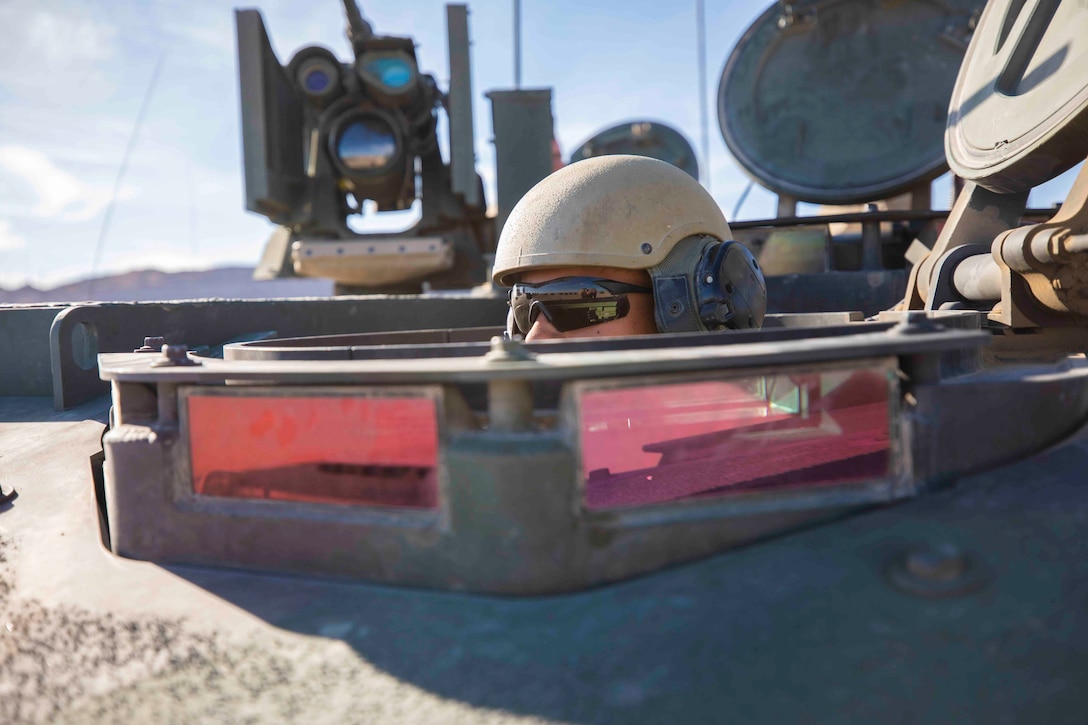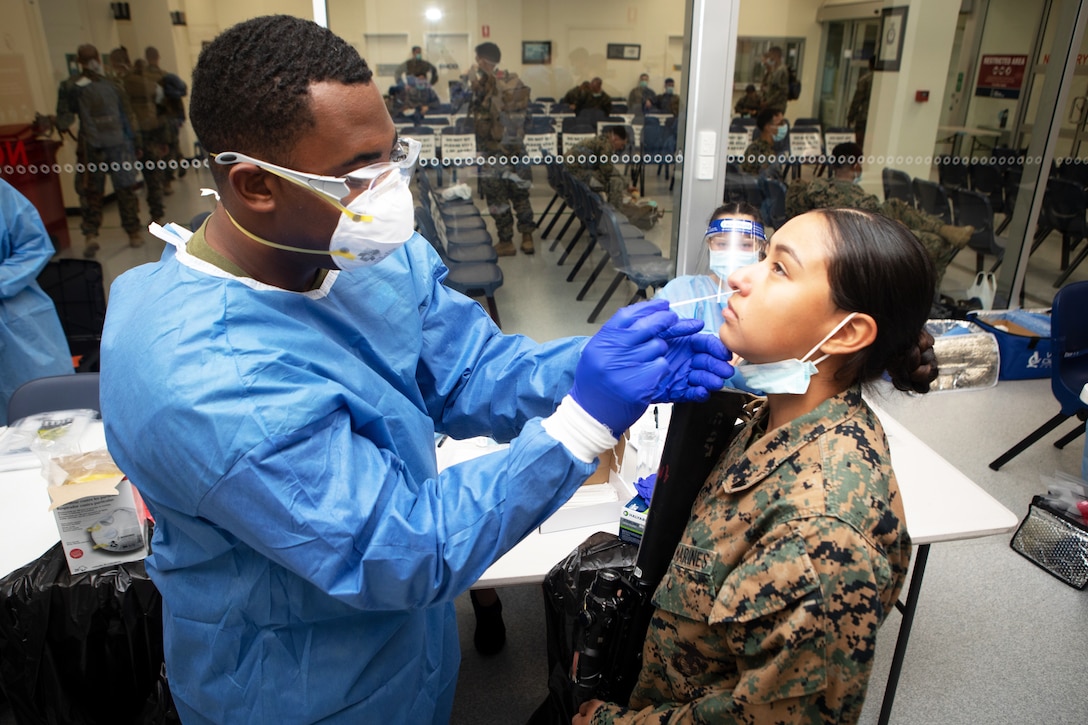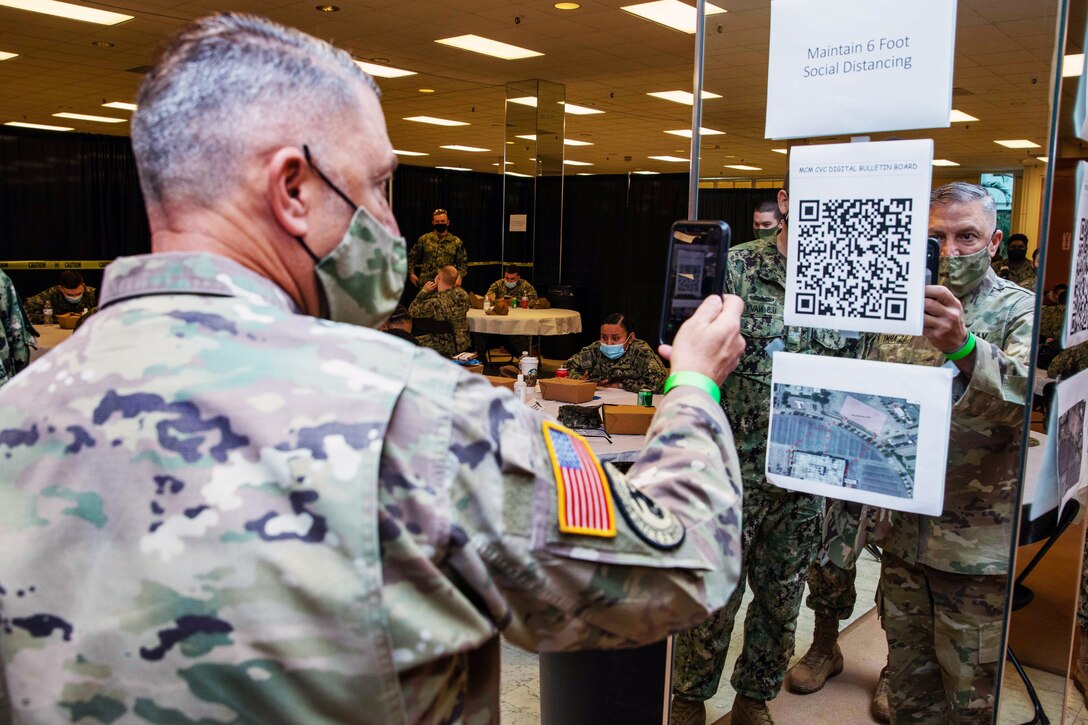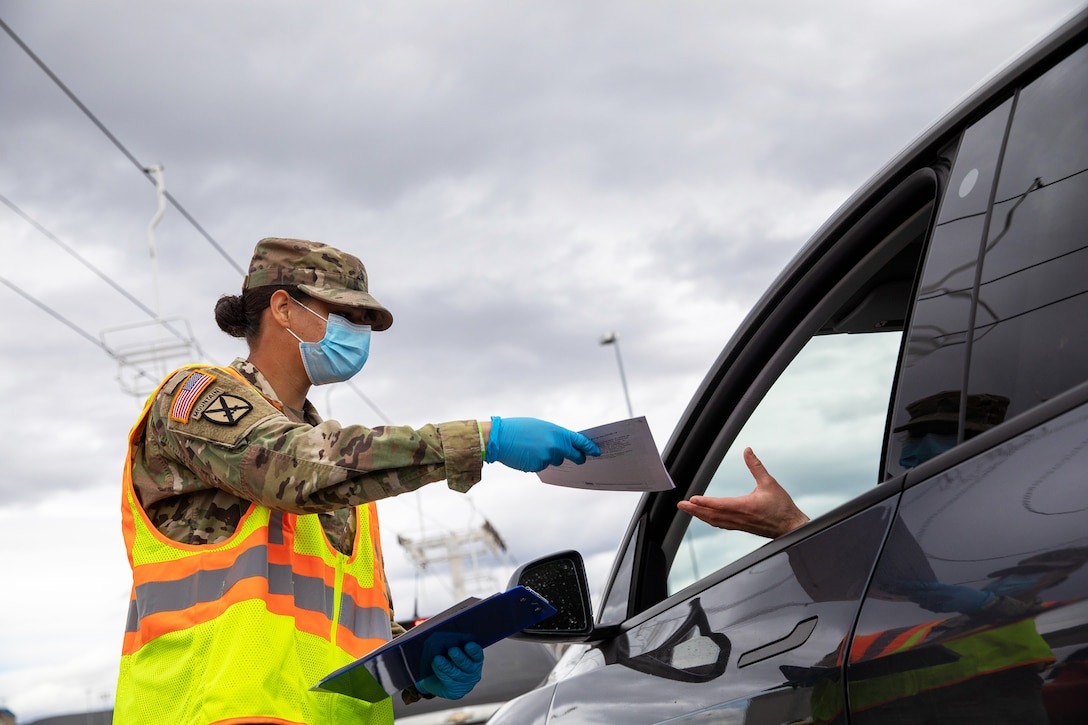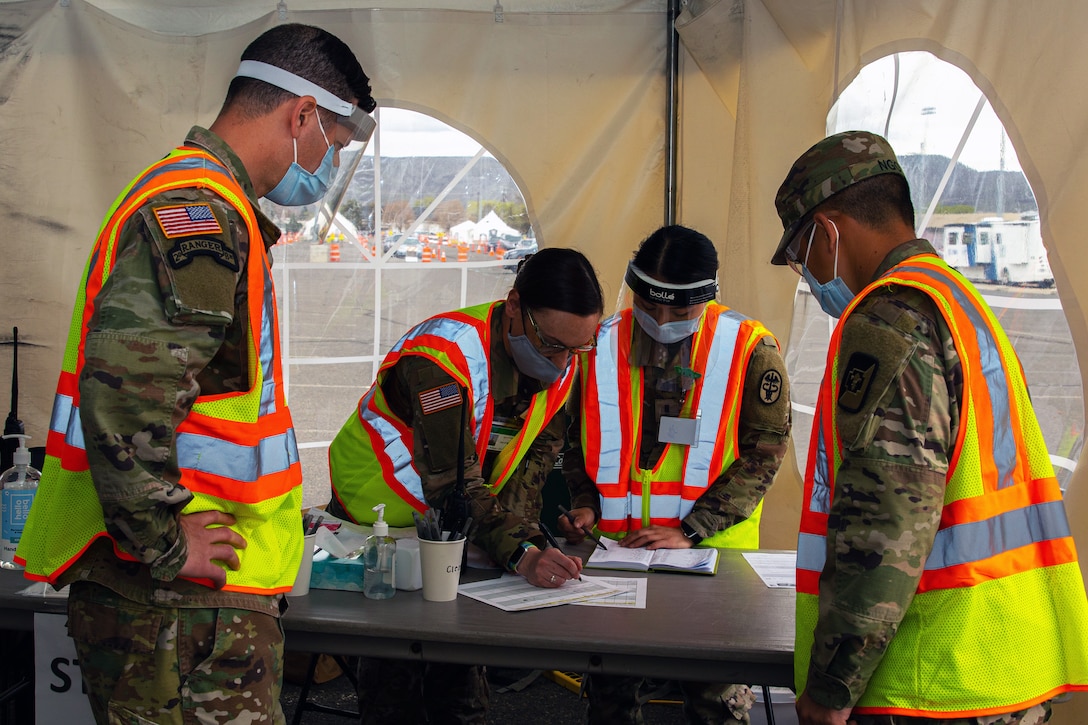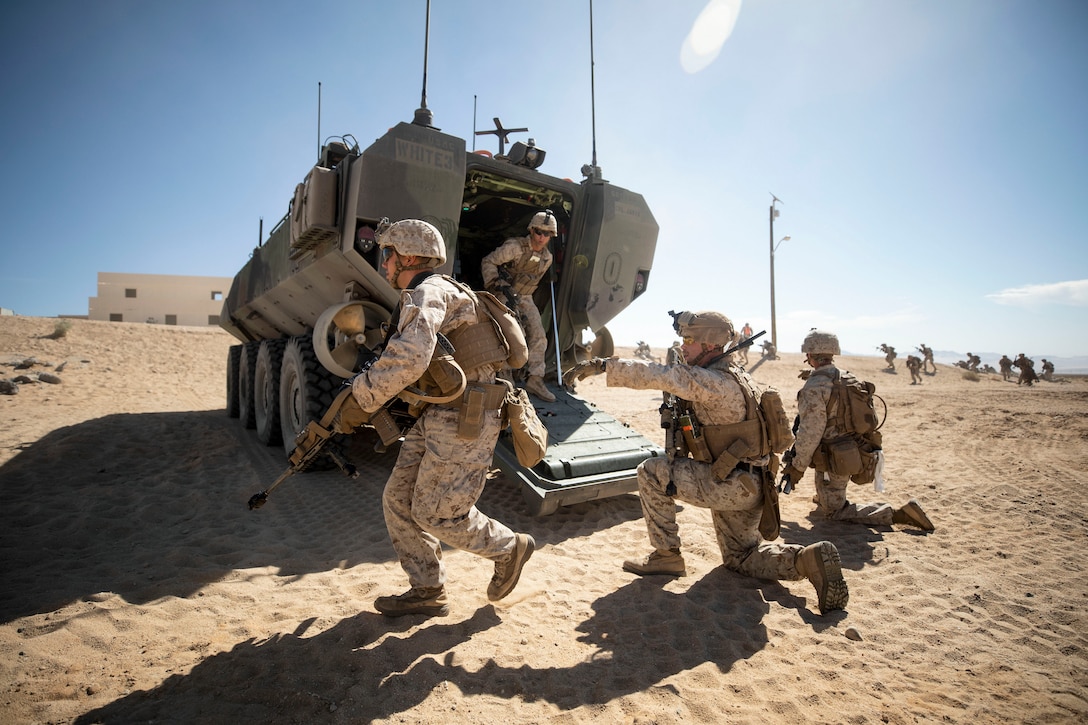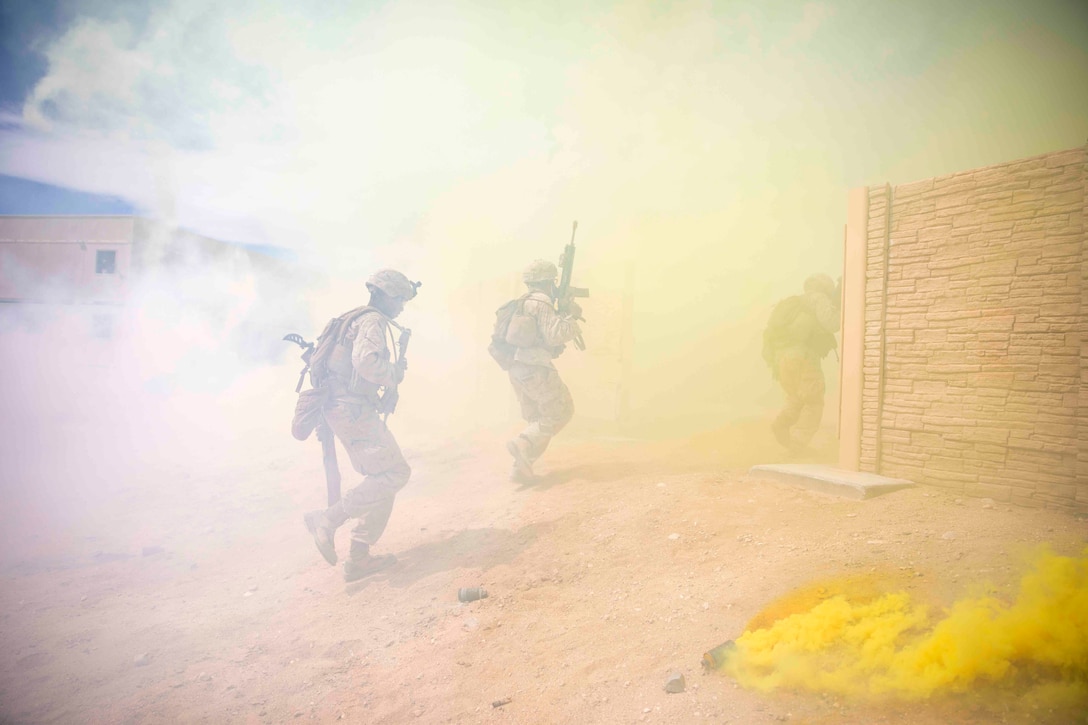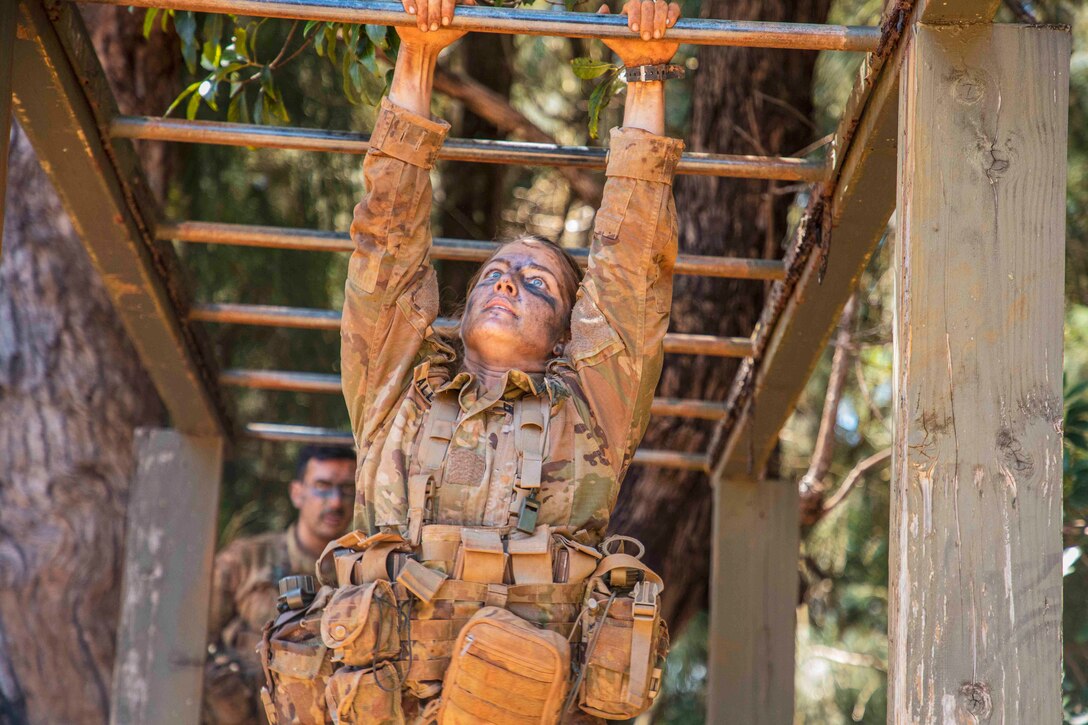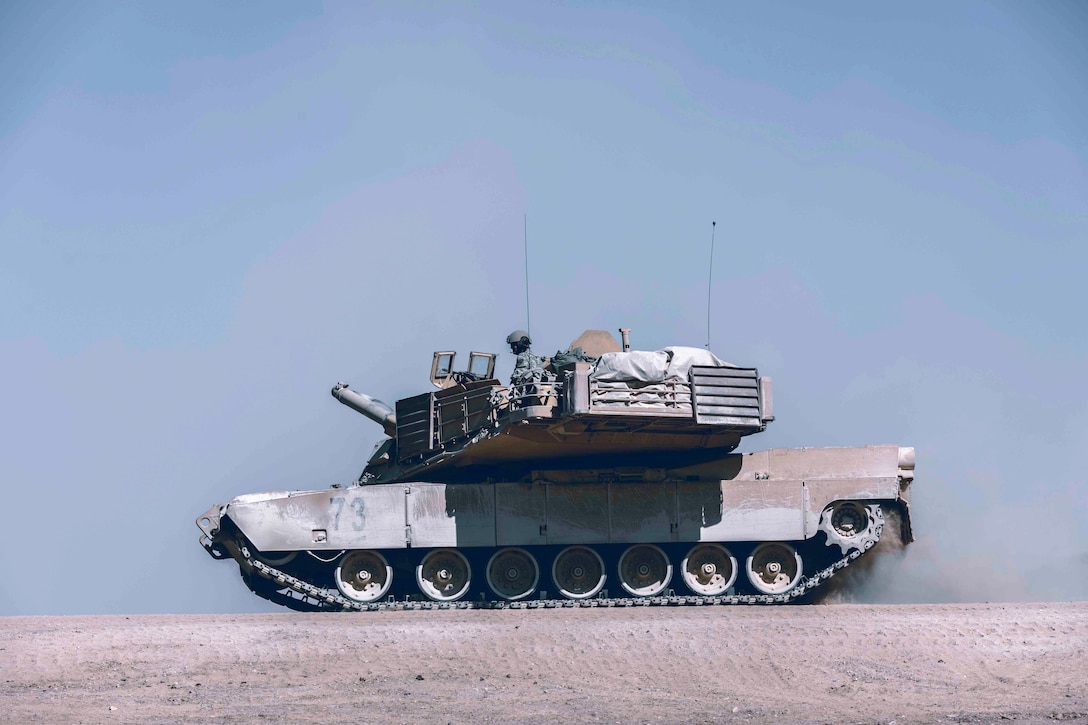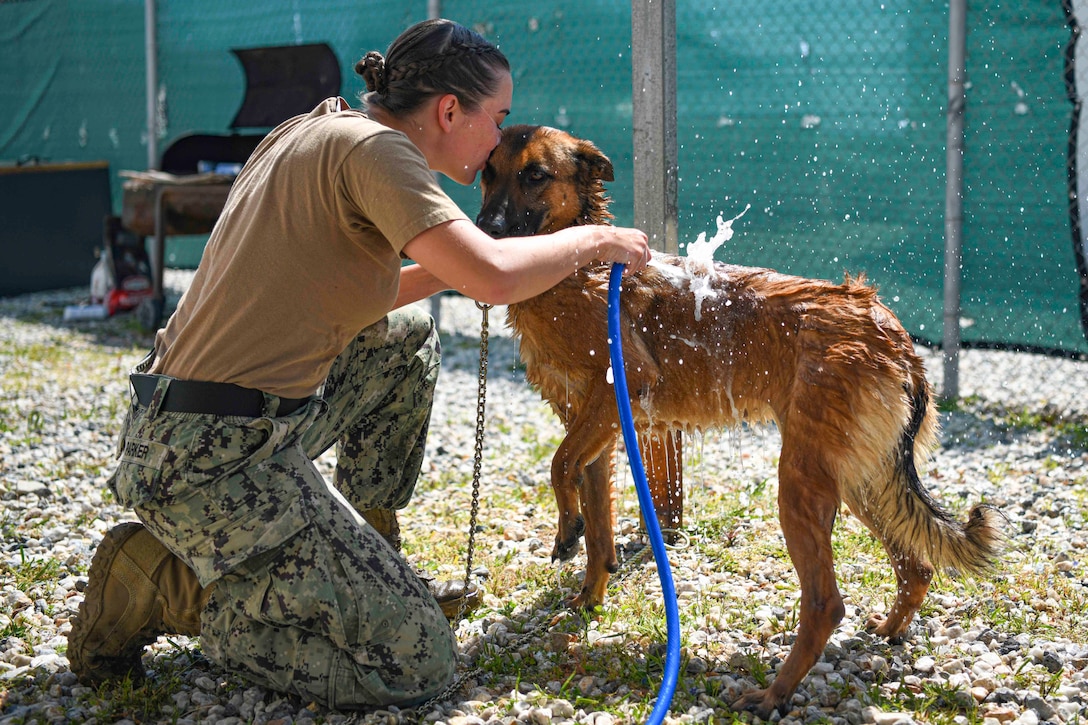Secretary of State Antony J. Blinken, Secretary of
Defense Lloyd J. Austin, NATO Secretary General Jens Stoltenberg
MODERATOR: Good evening. Welcome to NATO
Headquarters, to this press conference with the Secretary General, the
Secretary of State, and the Secretary of Defense. They will make short
introductory statements, and then we’ll be able to take a few questions.
Secretary General.
SECRETARY GENERAL STOLTENBERG: Good evening. We have just concluded
an important joint meeting of NATO foreign and defense ministers.
Secretary of State Tony Blinken and Secretary of Defense Lloyd Austin
have joined us here in Brussels. So Tony and Lloyd, I’m very grateful
for your personal strong commitment to NATO, to our transatlantic bond.
Your presence here today is a continued demonstration of the importance
of the transatlantic bond, and the United States commitment to
consulting with its NATO Allies.
Today, we decided together on the future of our presence in
Afghanistan. We have been in Afghanistan for almost 20 years, after we
invoked Article 5 of our founding treaty for the first time in support
of the United States after the horrific 9/11 terrorist attacks.
Standing shoulder to shoulder, we have paid a high price in both
blood and in treasure. Thousands of our troops from allied and many
partner nations, and from Afghanistan, have paid the ultimate price.
Many more have been wounded. We are grateful to all who have served, and
we honor all those who have sacrificed so much for our shared security.
Together, we have prevented Afghanistan from serving as a safe haven
for terrorist attacks against our own countries. Since 9/11, there have
been no terrorist attacks on allied soil organized from Afghanistan. We
also helped to build the Afghan Security Forces from scratch. With great
bravery and professionalism, they have provided security across the
country over the last years. And in the almost two decades of
international military presence, we have helped the Afghan people
achieve social progress.
Over a year ago, we welcomed the U.S.-Taliban agreement and the
U.S.-Afghanistan joint declaration. Since then, we have gradually
reduced our troop presence as part of the peace process. Currently, we
have around 10,000 troops in Afghanistan, the majority from non-U.S.
allies and partner countries.
We have been closely consulting on our presence in Afghanistan over
the last weeks and months. In the light of the U.S. decision to
withdraw, foreign and defense ministers of NATO discussed the way
forward today and decided that we will start the withdrawal of NATO
Resolute Support Mission forces by May 1st. Our drawdown will be
orderly, coordinated, and deliberate. We plan to complete the drawdown
for all our troops within a few months. Any Taliban attacks on our
troops during this period will be met with a forceful response.
We went into Afghanistan together, we have adjusted our posture
together, and we are united in leaving together. This is not an easy
decision, and it entails risks. As I have said for many months, we face a
dilemma, because the alternative to leaving in an orderly fashion is to
be prepared for a long-term, open-ended military commitment with
potentially more NATO troops.
This is not the end of our relationship with Afghanistan, but rather
the start of a new chapter. NATO Allies and partners will continue to
stand with the Afghan people, but it’s now for the Afghan people to
build a sustainable peace that puts an end to violence, safeguards the
human rights of all Afghans – particularly women, children, and
minorities – upholds the rule of law, and ensures that Afghanistan never
again serves as a safe haven for terrorists.
Today, NATO ministers also addressed Russia’s military buildup in and
around Ukraine. This is the biggest massing of Russian troops since the
illegal annexation of Crimea in 2014, and it’s a part of a broader
pattern of Russian aggressive actions which raises very serious
concerns. Allies fully support Ukraine’s sovereignty and territorial
integrity, and we call on Russia to de-escalate immediately, stop a
pattern of aggressive provocations, and respect its international
commitments.
Today’s meeting is an important demonstration of unity, and in this
complex and more competitive world, we must continue to strengthen NATO
to face the full range of challenges not just of yesterday, but today
and tomorrow. So Tony and Lloyd, it’s great to be here together with
you, and please, I hand it over to you.
SECRETARY BLINKEN: Thank you, Jens. Thank you so much, Secretary
Austin. Good evening, everyone. It’s very good to be back here at NATO
just a few weeks after my first visit as Secretary of State,
particularly for such an important day in the history of our alliance.
Twenty years ago, after the United States was attacked on 9/11, this
alliance invoked Article 5 for the first time in its history. An attack
on one is an attack on all. Together, we went to Afghanistan to root out
al-Qaida and prevent future terrorist attacks from Afghanistan directed
at our homelands. Now, we will leave Afghanistan together and bring our
troops Caution-home.
President Biden just laid out our plan in detail in a speech to the American people.
And as you heard and as Jens just noted, we’ll begin our troop
withdrawal by May 1st and we’ll complete it before the 20th anniversary
of 9/11 later this year.
After years of saying that we will leave at some point, that time has
come. The threat from al-Qaida in Afghanistan is significantly
degraded. Osama bin Laden has been brought to justice. We have achieved
our original objective.
And we don’t believe that maintaining an indefinite troop presence in
Afghanistan is in our interests – not for the United States, not for
NATO and our allies. The world has changed dramatically over the last 20
years, and as you heard the President say, we have to adjust our
strategy to meet the threats of 2021, not 2001, and take on the
challenges that now demand our focus and resources.
The United States and our allies will coordinate closely on our next
steps. We have always said, as the secretary general noted, that our
plan was “in together, adjust together, out together.” And today, we
began to hammer out what “out together” looks like. We will withdraw our
troops responsibly, deliberately, safely.
Let me be clear: Even with our troops home, we as an alliance and the
United States as a country will continue to invest in and support the
Afghan people and their chosen leaders.
We’ll also remain vigilant against any possibility that the threat of
terrorism re-emerges in Afghanistan. We’ll reorganize our
counterterrorism capabilities to stay on top of that. We’ll also hold
the Taliban accountable to its commitments to keep al-Qaida or any
terrorist organization from using Afghanistan as a base for attacks
against us.
We’ll pursue a durable and just political settlement between the
Government of Afghanistan and the Taliban. And we’ll engage other
countries that have a major stake in a stable future for Afghanistan and
will now have to step up after years of NATO underwriting stability.
We’ll continue to support the Government of Afghanistan and provide
assistance to the Afghan Security Forces who have fought and continue to
fight valiantly and at great cost on behalf of their country.
And we’ll keep investing in the well-being of the Afghan people.
We’ll bring our diplomatic and development resources to bear to protect
and build upon the gains that the Afghan people have made in recent
years. We’ll continue support for the rights of Afghan women and girls,
minorities advocating for their meaningful participation in the ongoing
negotiations and their equal representation throughout society, and
we’ll maintain significant humanitarian assistance to those in need.
In short, bringing our troops home does not mean ending our
relationship with Afghanistan or our support for the country. And as
Jens said, this will be the start of a new chapter grounded in diplomacy
– just like our relationships with other countries. The future of
Afghanistan ultimately is in the hands of the Afghan people, where it
belongs. But our support, our engagement, and our determination remain.
Let me just also take a moment to acknowledge the extraordinary
courage and strength of the troops who have served in Afghanistan over
the past 20 years. At its height, the International Security Assistance
Force had troops from 50 NATO and partner countries. Today, Resolute
Support has troops from 35 NATO Allies and partners. Our service members
risked their lives, lost their lives in this effort, but we have
succeeded in achieving the objective that we set out to achieve thanks
to them, and we honor their service and their sacrifice.
I also have to say that the United States will never forget the
solidarity that our NATO Allies have shown every step of the way. No
country could have achieved what we achieved as an Alliance working
together. And as my friend Secretary Austin can attest, these years in
Afghanistan have transformed our troops and our countries in ways that
we will be reflecting and acting on for a long time to come.
On a separate note, as the Secretary General said, we also spent some
time today talking about the deep concern that Allies share about
Russia and its actions on the borders of Ukraine, the largest
concentration of forces there since 2014. And what was striking to me
was, in the North Atlantic Council meeting, listening to every single
ally, all 30 of us, express those concerns and a determination to see
Russia take steps to de-escalate the tensions that it is creating.
Our conversations today here at NATO are just the start of the
intensive planning that our countries will do together over the next
several months. We are grateful to our Allies; we’re grateful to you,
Mr. Secretary General, for your leadership, as we undertake this
historic transition together.
Thank you.
SECRETARY AUSTIN: Secretary General Stoltenberg, thank you for
today’s productive discussions. And I’m grateful to be joined by my
friend and colleague today, Secretary Blinken.
And tonight, I want to thank our NATO Allies and partners for the
time that they have afforded us to complete our review and explain the
President’s decision to withdraw all U.S. forces from Afghanistan by
September 11, 2021. And I fully support his decision. Our troops have
accomplished the mission that they were sent to Afghanistan to
accomplish, and they have much for which to be proud. Their services and
their sacrifices, alongside those of our Resolute Support and Afghan
partners, made possible the greatly diminished threat to all of our
homelands and – homelands from al-Qaida and other terrorist groups.
These brave men and women also made possible economic, civil, and
political progress.
And so today, the Afghan people police their own streets, they defend
their own interest, they elect their own leaders, many of whom are
women, they send their children to school, and they own and operate more
private enterprises than ever before. There is still too much violence,
to be sure, and we know the Taliban still will seek to reverse some of
this progress. And that is why we support wholeheartedly the diplomatic
efforts ongoing to achieve a negotiated and political settlement that
the Afghan people themselves endorse.
But today, the President has given us a new mission: to responsibly
draw down our forces and transition to a new relationship with our
Afghan partners. And thanks to the efforts of coalition and allied
training, the Afghan Security Forces are better and more capable of
securing their borders and protecting their fellow citizens. And we will
continue to support them in those efforts. We will look to continue
funding key capabilities such as the Afghan Air Force and Special
Mission Wing, and we will seek to continue paying salaries for Afghan
Security Forces. We will also work closely with them and with our allies
to maintain counterterrorism capabilities in the region, sufficient to
ensuring Afghanistan cannot become a safe haven for terrorists who
threaten our security.
Now, I know a thing or two about executing a drawdown or what the
military calls “retrograde.” It is incredibly hard work even in the best
of circumstances, but I am confident that our troops and our leaders
will accomplish this new mission with the same skill and the same
professionalism with which they have done everything else in
Afghanistan. They will do it safely, they will do it orderly, and they
will do it deliberately. And they will do it in lockstep with their
allies.
As you’ve heard a couple of times this evening, we have all said that
we went in together, we adjusted together, and now we will leave
together. And I must add that we will respond forcefully should the
Taliban attack any of our forces or those of our allies during this
drawdown.
Now, I believe that it’s important to remember that the President’s
decision also gives us an opportunity to refocus our efforts, to deter,
and, if necessary, to defeat future adversaries. And we will do that in
no small measure by revitalizing our alliances and partnerships, such as
this one, and by being ready to meet the challenges that most credibly
undermine our international rules-based order. And as I’ve said before,
the People’s Republic of China is our number-one pacing challenge as it
seeks to reshape the international order. Likewise, I call on Russia to
respect Ukraine’s territorial integrity. We are committed to assisting
Ukraine with its self-defense needs.
And in closing, I want to thank all those who served in Afghanistan. I
know all too well the sacrifice that we’ve all made to get us to this
point. And to the families and the loved ones of those who did not make
it home, and for all those forever changed by this war, I pledge our
unwavering support for the grief and the challenges that you still
endure. We honor you and we honor their memory, and we always will. And I
believe that the President’s decision proves exactly that.
Thank you very much.
MODERATOR: Thank you. We now have time for a few questions. We’ll start with John Hudson from Washington Post, in the front row.
QUESTION: Thank you very much. Secretary Blinken, the decision to
withdraw from Afghanistan has been applauded by war-weary Americans, but
many advocates for getting out have also said the U.S. must be willing
to take in Afghan asylum seekers and also interpreters who worked with
military personnel who may be imperiled by this decision. Can you commit
to that?
Secretary Stoltenberg, will you encourage NATO members to take in Afghan refugees and asylum seekers?
And Secretary Austin, I’m told you made a very powerful case for
withdrawal in the NAC meeting today. Did uniformed U.S. military leaders
share your view about this decision to withdraw in September?
SECRETARY BLINKEN: I’ll start very quickly and say simply, yes. We
have a commitment, especially to those who worked with us, who helped
us, whether it was our military, our diplomats – and we have a program
that I think you’re all aware of that is the so-called Special Immigrant
Visa program that they would be eligible for, and I’m certainly
committed, if there’s a demand for it and request for it, to move
forward on that.
More broadly, as I said earlier, the fact that we are removing our
forces from Afghanistan does not mean that we’re removing our commitment
to Afghanistan, and that includes an ongoing commitment to
Afghanistan’s development, to humanitarian assistance, particularly to
those in need, as well as support for the Afghan Security Forces. So
working with our partners, working with our allies, working with the
international community, I am convinced you’ll see sustained support for
Afghanistan that will help address challenges that Afghans continue to
face in their lives.
SECRETARY GENERAL STOLTENBERG: Let me just briefly say that it’s for
each and every ally as individual nations to make decisions on asylum.
But what I can say is that NATO as an alliance, together with all the
Allies, will continue to support the efforts to create a sustainable
peace in Afghanistan. And that’s exactly why we so strongly support the
peace efforts, and that’s also the reason why we all have adjusted our
force presence in Afghanistan as part of the peace process. So we will
continue to provide support to Afghanistan, but we will do that not by
having thousands of soldiers on the ground in Afghanistan, but through
our partnership with Afghanistan, with support to the peace process, and
also, of course, working to make sure that we maintain the gains we
have made, not least in the fight against terrorism.
SECRETARY AUSTIN: In terms of the input of our senior military, I
won’t speak for them. What I can tell you is this was an inclusive
process, and their voices were heard and their concerns taken into
consideration as the President made his decision. But now that the
decision has been made, I call upon them to lead their forces, to lead
their forces through this effort, through this transition. And knowing
them all very well, as I do, I have every confidence that they will in
fact lead their forces through this effort.
MODERATOR: Will Mauldin from The Wall Street Journal.
QUESTION: Thank you very much. For the secretary general, what
proportion, if any, of your organization’s members expressed some
concerns about a U.S.-led withdrawal and what it would mean for
Afghanistan, either as a possible location for terrorist elements or for
the stability of the Afghan Government and civil and women’s rights
there?
And if I may, for Secretary Blinken, what is your response to Iran’s
claim that it will move to 60 percent uranium enrichment, and is that an
expected or an appropriate response to the attack on the Natanz that
Tehran has blamed on Israel?
And then for Secretary Austin, a question about Russia’s military
buildup that’s worrying so much of Europe today: What response do the
U.S. and its partners have to impose costs on Moscow if it interferes
further in Ukraine other than the kind of targeted sanctions we’ve seen
since 2014, and were those responses discussed this week with NATO and
other partners? Thank you.
SECRETARY GENERAL STOLTENBERG: All Allies agreed, and all Allies
agreed actually a statement which we agreed at the ministerial meeting
today, where we clearly state that we now have decided to start the
withdrawal of all our NATO troops from Afghanistan starting 1st of May,
and the plan is to finalize that drawdown or withdrawal within a few
months. So this is not something we just discussed, this is something
actually we decided and adopted a joint declaration, where we state that
clearly and also explain why we made the decision.
At the same time, I think all Allies are aware that this is not an
easy decision, and this is a decision that entails risks, and also a
decision that really requires that we continue to stay focused on
Afghanistan, partly to make sure that the withdrawal takes place in a
safe and secure and orderly way, that we’re sending a very clear message
to Taliban if – that if they start to attack us, we will retaliate and
answer in a very forceful way – but also to start to work on building a
new chapter, a new kind of partnership with Afghanistan, because there
are many ways to support the country.
There are – it’s not – the case is that it’s not – there are many
different – the only way to support a country is not by having thousands
of combat troops deployed in the country. We are working with countries
all over the world. We have diplomatic tools. We have economic tools.
We have development. We have humanitarian aid. All of that is at the
disposal of NATO Allies and NATO to continue to provide support to
Afghanistan.
So this is not the end. This is the beginning of a new way of working
with Afghanistan. But I think that after 20 years, Allies saw that the
time had come to end our military presence there. And in light of the
U.S. decision, all Allies agreed to the statement.
SECRETARY BLINKEN: With regard to Iran, we take very seriously its
provocative announcement of an intent to begin enriching uranium at 60
percent, and the P5+1 should be unified and united in rejecting that. I
have to tell you the step calls into question Iran’s seriousness with
regard to the nuclear talks, just as it underscores the imperative of
returning to mutual compliance with the JCPOA.
The United States and Iran have both stated a common objective of
returning to mutual compliance with the JCPOA. We’ve been engaged
constructively in a diplomatic process to achieve that goal. In Vienna
last week, we explored concrete approaches that we could take, the steps
that Iran and the United States would take to return to compliance. And
I think the United States demonstrated very clearly to the other
participants in this effort and to the world our seriousness of purpose.
It remains to be seen whether Iran has that same seriousness of
purpose.
But the goal – returning to compliance with the JCPOA – and the
diplomatic process, which is resuming in Vienna this week – that remains
the best way to limit Iran’s nuclear program in a lasting way, to
verifiably ensure that Iran cannot produce fissile material for a
nuclear weapon on short notice. And we’re committed to pursuing that
process, but the real question is whether Iran is, and we’ll find out.
SECRETARY AUSTIN: With regard to the Russian force buildup, we remain
concerned about what we’re seeing, and so we continue to monitor very
closely the activity there and we continue to consult with our partners.
And as you heard us say earlier this evening, we call upon Russia to
cease their provocations and to be more transparent about this recent
activity. You’ve also heard us say that we believe that the territorial
integrity of Ukraine must be respected. We have provided some materiel
support to Ukraine in the past, and we’ll look to continue to do that.
The national security architecture or team will always present our
President with a range of options that are focused on employing the –
all of the elements of national power that we have available to us when
we consider options to present to the President, and I’ll just leave it
at that.
MODERATOR: We’ll go higher up. Thomas Gutschker from Frankfurter Allgemeine Zeitung.
QUESTION: Yes, thanks a lot. One question to Secretary Blinken,
please: In their annual threat assessment that was published just a few
days ago, the U.S. Intelligence Community said about Afghanistan, and I
quote, “The Taliban is likely to make gains on the battlefield and the
Afghan Government will struggle to hold the Taliban at bay if the
coalition withdraws support,” unquote. Do you agree with that
assessment? How did it play into the decision making on Afghanistan? And
what should prevent the Taliban from searching a military solution to
the intra-Afghan conflict?
And then a question to Secretary General Stoltenberg: You have been
the number one proponent of a conditions-based withdrawal, and I think
tonight is the first time I hear you speaking about Afghanistan without
mentioning these famous three conditions to the Taliban. President Biden
came to the conclusion that this conditions-based approach would be a
recipe for staying in Afghanistan forever. What do you reply to him
tonight? And what do you reply to what he just said in his speech, that
basically for the past 10 years NATO lacked clear objectives to justify
its mission in Afghanistan? Thank you.
SECRETARY BLINKEN: With regard to the first question, I think the
National Intelligence Estimate is a very realistic assessment. But it’s
important to remember how we got here and to have that context for what
we – what the President decided and where we’re going.
As a reminder, we inherited the lowest number of U.S. and partner
forces in Afghanistan since the very early days of the war. We inherited
an agreement between the United States and the Taliban to draw down all
forces – all U.S. forces, in any event – by May the 1st. And we
inherited at best a military stalemate between the Taliban and Afghan
forces. That’s the context in which the President undertook a very
rigorous review.
To Secretary Austin’s point, that review included contributions from
everyone across our government, including, of course, the Intelligence
Community, which provided a basis upon which the President could start
to make judgments. We also had very important inputs from our allies,
and it was vital to the President that we hear from them, including
during consultations here at NATO just a few weeks ago.
But throughout, there was no sugarcoating. That would not serve
America, it wouldn’t serve our allies, and as the secretary general
said, these are hard decisions and hard choices. But what emerged from
that process, from that review, was a clear-eyed assessment of the best
path forward to advance our collective interests, and those interests
are ending the war in Afghanistan after 20 years by removing our
remaining forces.
As I said, our commitment to Afghanistan goes well beyond a single
number. It’s very important to note that we are very focused on
advancing what prospects there are for a diplomatic resolution to the
conflict, pressing the parties to engage in meaningful negotiations to a
political outcome and peaceful settlement. We’re engaging other
countries in that effort to take their responsibility for Afghanistan’s
future as well. Many other countries have interests in and influence
with Afghanistan that they have not focused on in the last 20 years as
we’ve been the ones doing the hard work, so we expect to see that too,
and that can have an impact.
And finally, I would say the Taliban has a choice to make. They say
that they want international recognition, that they want international
support. They’re part of Afghanistan’s governance. Of course, there are a
number of other things that they want, including prisoner releases and
delistings and so forth. And those things will, I think, be
significantly affected by the path that the Taliban chooses to take
going forward. In addition, I think it’s in no one’s interest, including
the Taliban’s, to plunge Afghanistan back into a long war, into a civil
war that will do terrible damage to the country and to everyone.
So I think the assessment, again, is a realistic one, but there are I
think a whole series of incentives and disincentives that will continue
to shape what happens. But ultimately, the people of Afghanistan will
be the ones to decide their future. We will do everything we can to
support efforts toward a peaceful, stable, just future, but they’re the
ones who have to decide.
SECRETARY GENERAL STOLTENBERG: Over the last months, my main message
has been that after the signing of the deal between the United States
and the Taliban last year, January last year, we all have faced a
dilemma. And it is either to leave in a orderly way, and that decision
of course entails risks, and I don’t underestimate – I’m actually really
clear-eyed about the challenges we’ll face. But the alternative is to
stay, but then we need to be prepared for a long-term, open-ended
military presence, and most likely we’ll have to increase the number of
NATO troops in Afghanistan to withstand increased Taliban pressure, more
violence. And therefore, we have consulted very closely over many
months how to make this difficult decision. And no one is saying this is
easy, and no one is saying this is risk-free. But we just have to make a
decision.
And actually, I am impressed by the way NATO Allies have been able to
consult, discuss, assess, and then make a decision together. We have
been in Afghanistan for 20 years. There are many challenges, many
problems, many unsolved challenges still in Afghanistan, but we have
achieved a lot together with Afghans. We have for all these years
prevented that Afghanistan is a base where national terrorists can
organize, plan, finance, execute terrorist attacks against our own
countries. To prevent that, that was the main goal of going in.
Second, we have helped to build an Afghan Security Force which now
consists of hundreds of thousands of professional, well-trained, brave
soldiers, military personnel, which are now in charge of security in
their own country. We will continue to support them, even though we are
ending our military presence on the ground.
And thirdly, we have helped the Afghans to make significant economic and political social progress in their own country.
So this is a total different Afghanistan than the Afghanistan we went
into in 2001. And therefore we have also gradually adjusted our
presence. So this is actually – this is the end of an on-the-ground
process which started some time – more than a year ago. Not so many
years ago, we were more than 100,000 NATO troops in Afghanistan in
combat operation. Now, we are roughly 10,000 in a mostly train, assist,
and advise mission.
So when we now in a way make the final decision to end our military
presence, this part of adjustment which has gone on for some time.
And again, I’m not saying it’s easy. I’m not saying it’s risk-free.
But I’m saying that compared to alternative, and also based on the U.S.
decision, all Allies agreed and therefore they also adopted and agreed
to the statement which clearly state that we will start the withdrawal,
the final withdrawal, the first of May, and then be out within a few
months.
MODERATOR: We’ll go to Bob Burns in the third row from Associated Press.
QUESTION: Yes, Robert Burns, Associated Press. Secretary Austin, both
you and Secretary Blinken mentioned that once the withdrawal of U.S.
and Coalition forces is complete, that there will be a repositioning of
counterterrorism forces in the region. And I wonder if you can explain
what exactly that means. In other words, where will they be, and in what
kind of numbers? And can you say, Secretary Austin, that it’s actually
realistic to target extremist groups inside the vast expanses of
Afghanistan if you’re not actually there?
And for Secretary General Stoltenberg, will NATO be part of that over-the-horizon force?
And for Secretary Blinken, what sort of diplomatic arrangements will have to be made in order to accomplish that? Thank you.
SECRETARY AUSTIN: Well, thanks, Bob. Great question, but I think
you’ll understand why I won’t get into specific details about where our
counterterrorist assets may be positioned. I would tell you that we are
beginning the process now of working out details with allies and
partners about how we’re going to do that, and we’ll work those details
in the appropriate channels.
As you know, Bob, we have a range of capabilities that are available
to us. And the President has been clear that we will not allow our
homeland to be attacked again from the spaces of Afghanistan.
In terms of our ability to acquire targets and engage them in places
where we are not – actually, you’re seeing us do that each and every day
in places around the globe, where that be in remote places in Africa or
other places. We have the reach and the ability to in fact do that.
And I would just say working in conjunction with our allies and
partners, there’s probably not a space on the globe that the United
States and its allies can’t reach. Thanks.
SECRETARY BLINKEN: I have very little to add to what Secretary Austin
said. Let me just say, though, more broadly that with regard to other
countries in the region, I think one of the striking things is that
while we have many differences with many of them on a number of
accounts, there are clearly some shared interests across a number of
countries, whether it is Russia, China, India, Pakistan, Iran, Turkey,
and others. And when it comes to Afghanistan, I think there is an
interest that many of these countries have in not seeing the country
descend back into civil war, into a long war. The risks that that could
pose to them, including potentially extremism and terrorism directed
against them, refugee flows heading in their direction, drugs as well,
all of those argue that countries will have an interest and also some
influence with the parties in Afghanistan to try to keep things moving
in a positive direction.
As I noted earlier, for the last 20 years, these countries have not
had to do much because NATO has been there at least providing – helping
to provide with the Afghans some basic stability. I think countries will
now have to look hard at the interests that they have, look hard at the
influence they have, and decide whether to use that in ways that ensure
that Afghanistan is not a source of instability and a source of
terrorism and extremism.
SECRETARY GENERAL STOLTENBERG: We will continue to provide support to
and work with Afghanistan also after the end of our Resolute Support
Mission. I spoke with President Ghani today, and one of the issues we
discussed is actually how to develop this new partnership, and that will
address different things. It’s partly about how to make sure that we
are able to provide support to our diplomatic presence, diplomatic
missions, the political efforts. It’s about continue to provide support
to the Afghan Security Forces, and we will also have to look into how
can we make sure that we not jeopardize the gains that have been made in
the fight against international terrorism. Exactly how we will do that,
exactly what role NATO will have is not yet decided, but all of these
issues have – are on the table and are now discussed among NATO Allies
and also with Afghanistan.
Let me also add that, of course, in our engagement with Afghanistan,
to support the peace efforts – fragile, difficult, no guarantee for
success but the only way to lasting peace – is also something that NATO
will – NATO and NATO Allies will be focused on. We welcome the upcoming
Istanbul conference. Foreign Minister Mevlut Cavusoglu was here and
updated our Allies on the preparations for that conference.
What NATO can do is to support, help, assist the Afghans, but at the
end of the day, it is the Afghans themselves that have to create peace
in Afghanistan. So I think one of the main messages from the meeting
today is that we will continue to support, we will continue to help, but
we also in a way call on Afghans to really make serious efforts to
create peace in their own country. And at the end of the day, it’s only
the Afghans that can create peace in Afghanistan.
MODERATOR: For the last question, we go again higher up, and it’s Ansgar Haase from DPA.
QUESTION: Thank you. You agree today that it is essential for NATO to
continue delivering support for Ukraine. Secretary Austin and Secretary
General Stoltenberg, can you tell us what kind of additional military
support Ukraine can expect?
And a more general question to Secretary Austin: Why are you stepping
up your support for Ukraine while taking a decision that could destroy
the young Afghan democracy? Thank you.
SECRETARY AUSTIN: I didn’t hear the last part of your question. Could you say that again?
QUESTION: Last part was to Secretary Blinken, a more general
question: Why are you stepping up your support for Ukraine while taking a
decision that could destroy the young Afghan democracy? Thank you.
SECRETARY GENERAL STOLTENBERG: So I think the first one was what do
you – how – what kind of support the United States is going to provide
to Ukraine, and then —
SECRETARY AUSTIN: Yeah, so I think – I think you heard me say earlier
that we were providing materiel support to Ukraine, and we’ve been
doing that for some time. That includes nonlethal materiels and some
weapons and some trainers that we provided in the past to assist with
that. And we would look to continue to do the same types of things going
forward, so – based upon their needs.
SECRETARY GENERAL STOLTENBERG: Okay. So NATO Allies provide political
and practical support to Ukraine in many different ways. We have, over
years, established and developed a partnership with Ukraine. We helped
with capacity building, with modernizing and reforming their defense and
security institutions with some training. And different NATO Allies
also provide on a bilateral basis equipment and different kinds of
materiel support.
And I encourage NATO Allies to step up and to do more, and I also
welcome the fact that we also do more within the NATO framework
including, for instance, on naval capabilities. The last time I was in
Ukraine, I visited the naval academy in Odessa and there are NATO
trainers there helping them to modernize and strengthen their naval
capabilities. So we are working with Ukraine in many different ways.
On top of that, we have also increased our military presence in the
Black Sea region more in general, in Romania with more air policing,
with more naval presence. So the support for Ukraine is only one element
of more NATO presence, partly into partner countries Georgia and
Ukraine, but also three littoral states – Turkey, Bulgaria, and Romania –
in the region are stepping up and together with other NATO Allies have
increased their presence in the region.
SECRETARY BLINKEN: And on the last part of your question, I appreciate the question, but I just don’t share its premise at all.
First, and to reiterate and emphasize something that I think we’ve
all said in different ways this evening, we’ve been in Afghanistan
militarily for 20 years. But to equate support for Afghanistan solely to
our military presence and engagement, I think, is wrong.
And as we’ve made clear, even as we bring our forces home after 20
years and after they achieved the objective for which they went there –
to deal with the people who attacked us on 9/11 and to ensure that
Afghanistan would not again become a base for terrorism directed against
any of our countries – even as we do that, we remain committed to
Afghanistan. We remain committed to the diplomatic effort to bring the
Afghan parties together to try to find a peaceful settlement to the
conflict. We remain committed to assisting the country with development
assistance, humanitarian assistance, support for the Afghan National
Security Forces. And all of that will endure.
With regard to Ukraine, again, what – we’re deeply concerned about
what we’re seeing, about Russia’s ongoing aggressive actions, rhetoric
directed at Ukraine. And as I said, what was striking today was every
single ally expressed the same concerns. We’re watching very closely, as
we see very credible reports of this troop buildup in occupied Crimea
and around Ukraine’s borders. That, as we said, are now at levels not
seen since Russia’s invasion in 2014. So we are right to be concerned
about that. We know what happened last time.
We’ve also seen continued attacks by Russian-led forces at the line
of contact in eastern Ukraine that, at least as of this morning, had
resulted in 12 Ukrainian personnel killed since the last week in March.
And meanwhile, Ukraine has demonstrated, I think, real restraint in the
face – excuse me – of Russian provocations. So that’s why we’re focused
on this. That’s why the alliance is concerned and we are united in that
concern.
Let me just add, though, one point, because I do think it’s important
with regard to Russia: We would prefer a stable and predictable
relationship with Russia, and that, in turn, requires open lines of
communication to be very clear about our views, about our policies,
about our objections to Russia’s actions. And that’s also important to
avoid miscalculations, and that’s exactly what you saw yesterday with
President Biden picking up the phone, calling President Putin, and also
proposing that they meet in the weeks ahead.
So we are very focused on this challenge, and it’s one that I think is shared across the entire alliance.
MODERATOR: Thank you very much. This concludes this press conference. Thank you. Thank you.

